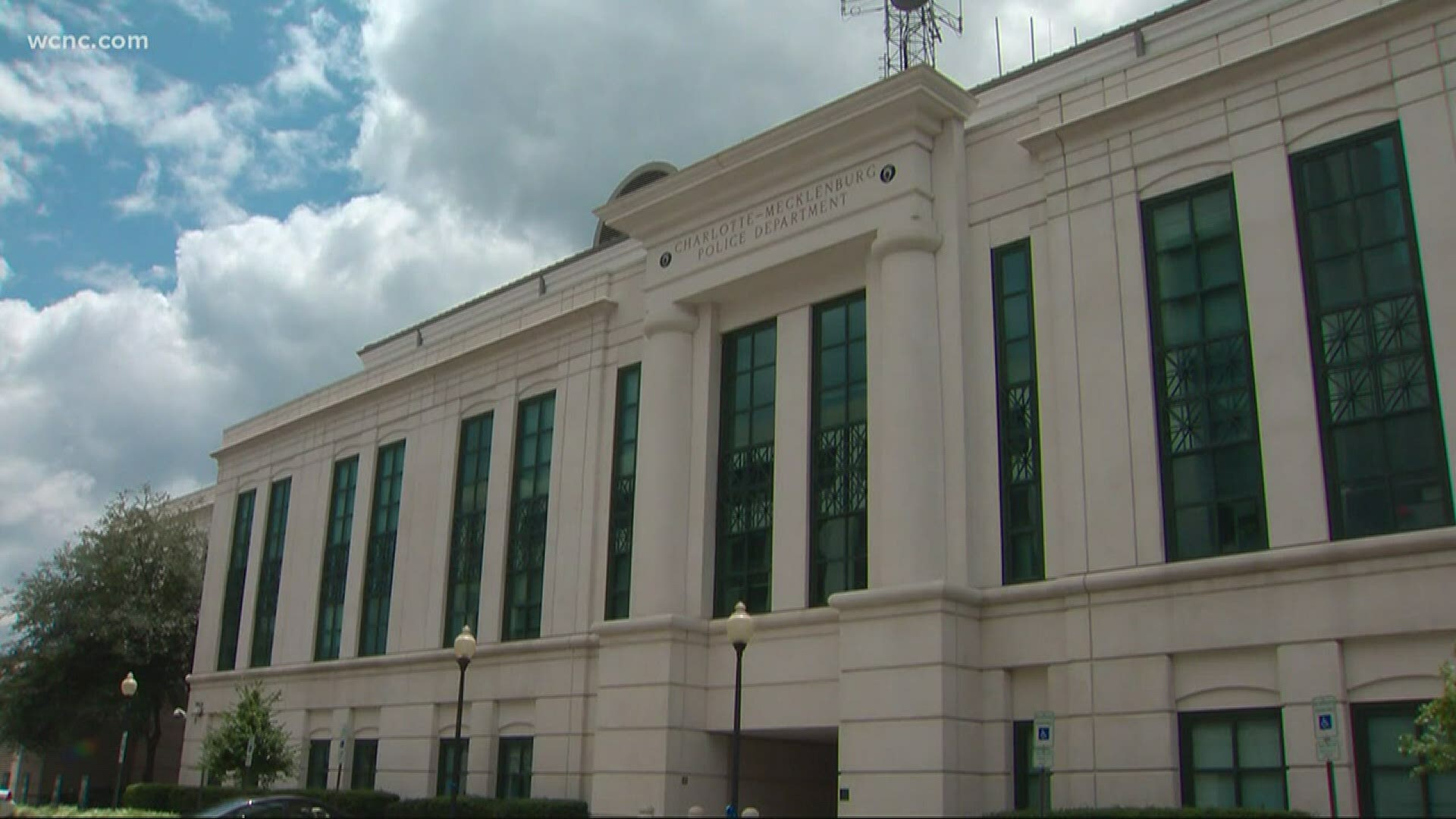CHARLOTTE, N.C. — City of Charlotte first responders will receive extra pay because of their "frequent, direct exposure to the public" during the coronavirus outbreak, the city announced Friday.
The premium pay, which is defined as additional pay provided to employees under certain types of conditions or working certain types of hours (such as holidays), will come in the form of a 5% increase over their base pay.
The payroll changes are retroactive back to March 26 and will continue until the end of the Stay at Home order, which is currently set to expire on April 29.
Other city employees at an increased risk of coronavirus exposure will also receive the extra pay. The city did not specific which departments those employees work.
In recent weeks, there had been a call to provide emergency responders with "hazard pay" because of their public exposure.
RELATED: 'The time to do it is now' | Some calling for hazard pay for CMPD officers during COVID-19 pandemic
At least 4 Charlotte-Mecklenburg Police Department employees have tested positive for the coronavirus.
Earlier in the month, Charlotte Mayor Vi Lyles shared her support for the city's first responders but did not take a side on the topic of hazard pay.
"We're going to always treat our employees fairly," Lyles said at the time. "We're going to be competitive with communities like us and do whatever it takes to retain and keep our employees in a competitive pay situation."
As of numbers last released on April 3, the CMPD had at least 14 in quarantine. The Charlotte Fire Department had one case, with 13 others in quarantine. Medic had at least one case and another 14 are in quarantine. Earlier this month, the Mecklenburg County Sheriff's Office confirmed at least one Detention Officer tested positive for COVID-19.
Friday's order is believed to only apply to city employees, such as CMPD and Charlotte Fire Department.
Other cities like Atlanta and Washington D.C. have already authorized some form of hazard pay for essential city employees.
It was previously proposed that at least 75% of that emergency operations funding would be reimbursed by FEMA.

